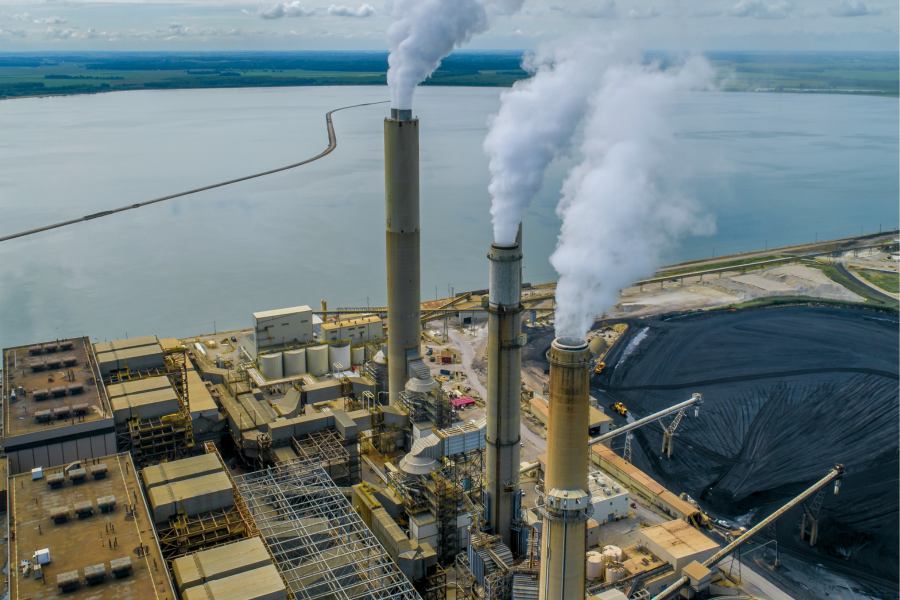
Under the guise of “unleashing American energy dominance,” the Environmental Protection Agency (EPA) is proposing to extend compliance deadlines for coal plant wastewater pollution limits, which will allow the continued discharge of harmful pollution into our waterways.
But this isn’t about energy independence. It’s a giveaway to the dirty coal industry, making it easier to discharge toxic wastewater into our rivers, lakes, and streams. And by extending these deadlines, EPA is turning its back on its responsibility to protect the communities who live near coal plants or rely on drinking water from downstream sources.
For decades, coal plants have gotten a free pass to dump millions of pounds of toxic metals, nutrients, bromide, and other pollutants into our nation’s waters. For many of these pollutants, even trace amounts can cause public health risks in drinking water, harm aquatic life, and damage ecosystems. Bromide and other halogens are especially concerning for drinking water. Bromide can interact with common water treatment processes and result in cancer-causing disinfection byproducts, which creates treatment challenges for drinking water systems.
For more than 10 years, Clean Water Action has advocated for EPA to consider these serious impacts on drinking water and require coal-fired power plants to control their harmful water pollution. In 2024, we finally got a win when EPA finalized more stringent Clean Water Act discharge limits (or Effluent Limitation Guidelines) for three of the largest, most harmful wastewater pollution streams from coal fired power plants.
The 2024 rule required coal-fired plants to achieve zero discharge of pollutants from the following three wastewater streams: bottom ash transport wastewater, flue gas desulfurization (FGD) scrubber sludge, and combustion residual leachate. These toxic wastewater streams are primarily from the sludge from air pollution control scrubbers and the water that mixes with waste in coal ash ponds. This was a much-needed step forward. Clean Water Action and our allies had pushed during the 2023 comment period to ensure that leachate was included in the final rule, since it was found to be both technically feasible and necessary to protect public health and water quality.
Now, Trump’s EPA wishes to delay the compliance deadlines for these three wastewater streams by an additional five years. In addition, Trump’s EPA is also providing additional giveaways to the coal industry, including giving coal plants more time to decide whether they will retire and more time to comply if they send their wastewater to a treatment plant. This will only prolong the release of dangerous pollutants into our waterways, raise costs for downstream drinking water systems, and increase health risks. With these known harms, EPA should be doing everything in its power to implement these compliance deadlines as soon as possible. Instead of siding with polluters, EPA should be upholding its mission to protect public health and the environment and its obligation to properly implement the Clean Water Act.


